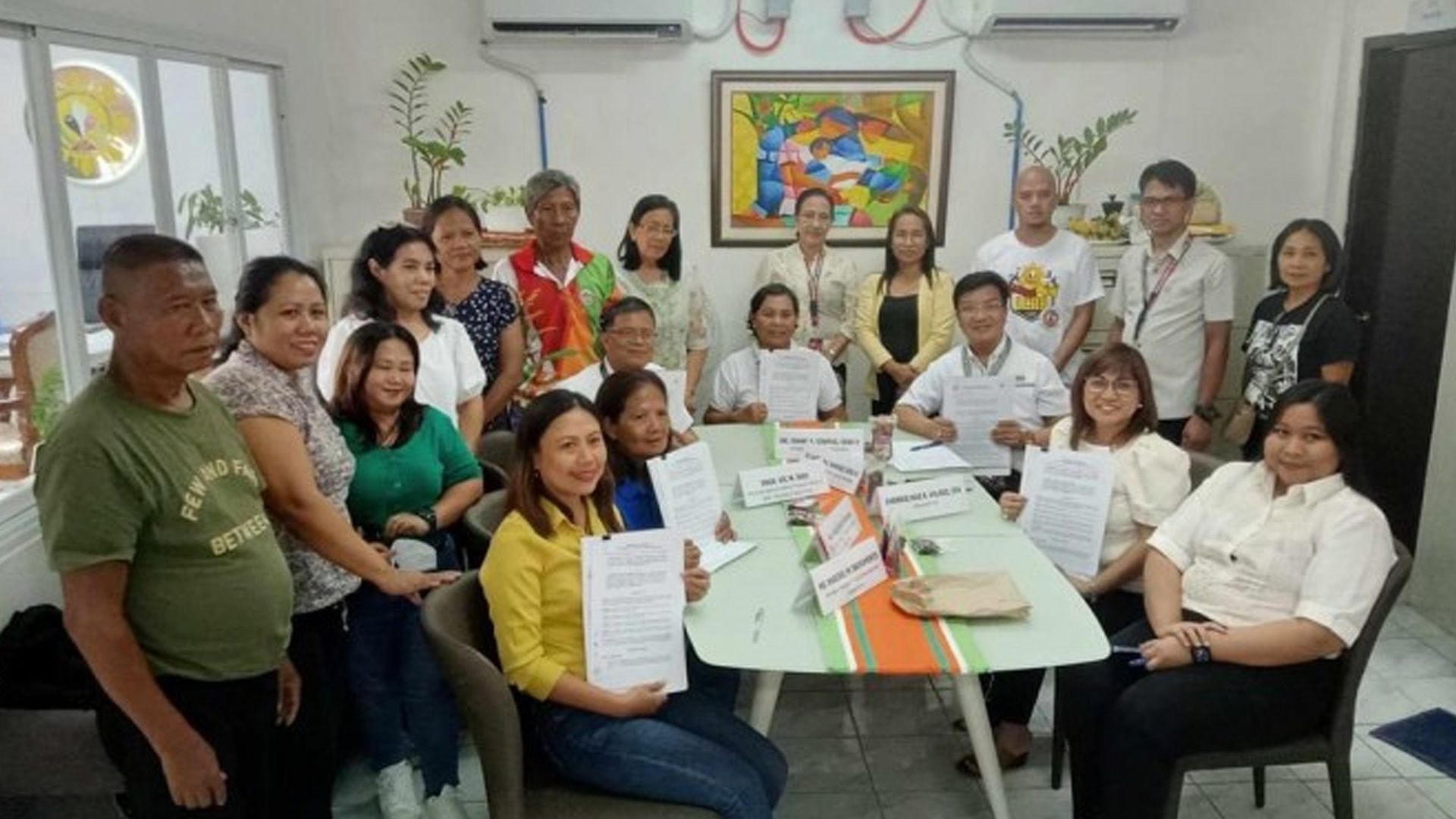A 28-week feeding program will target 2,173 children from Ilocos Norte under a program of the Department of Education (DepEd) and the Department of Agrarian Reform (DAR) starting Aug. 19.
The feeding program for select elementary students aims to address not only the kids’ health but also the economic situation of members of agrarian reform beneficiaries organizations (ARBOs), with support from the Partnership Against Hunger and Poverty.
“The feeding program offers two-fold benefits by linking consumers and producers, while learners are provided with quality nutritious food and the farmers have steady market for their produce,” Rommel Aquino, chief agrarian reform program officer of DAR Ilocos Norte, told the Philippine News Agency on Tuesday.
Under the agreement, DAR will facilitate the linking of ARBOs that will supply food items required for the supplementary feeding program with DepEd authorities.
“In this strategic partnership, the ARBOs shall get a better return on their investments while the feeding program beneficiaries will have access to quality food products,” DepEd Schools Division Superintendent Donato Balderas Jr. said in a statement.
Data from DepEd Ilocos Norte showed that 3,368 malnourished children benefited from a similar program February to May.
Provincial nutrition action officer Elma Irapta said in another interview that continuous conduct of supplementary feeding programs significantly improved the nutrition status of children in Ilocos Norte, with stunting down to 4.6 percent in 2023 from 4.7 percent in 2022, 6.7 percent in 2021, 8.4 percent in 2020 and 8.9 percent in 2019.
“The prevalence rate of malnutrition in the province continues to decline and we hope to have lower or even zero malnutrition figures as we continue to sustain our supplementary feeding programs in schools and in the villages,” Irapta said. (PNA)





















